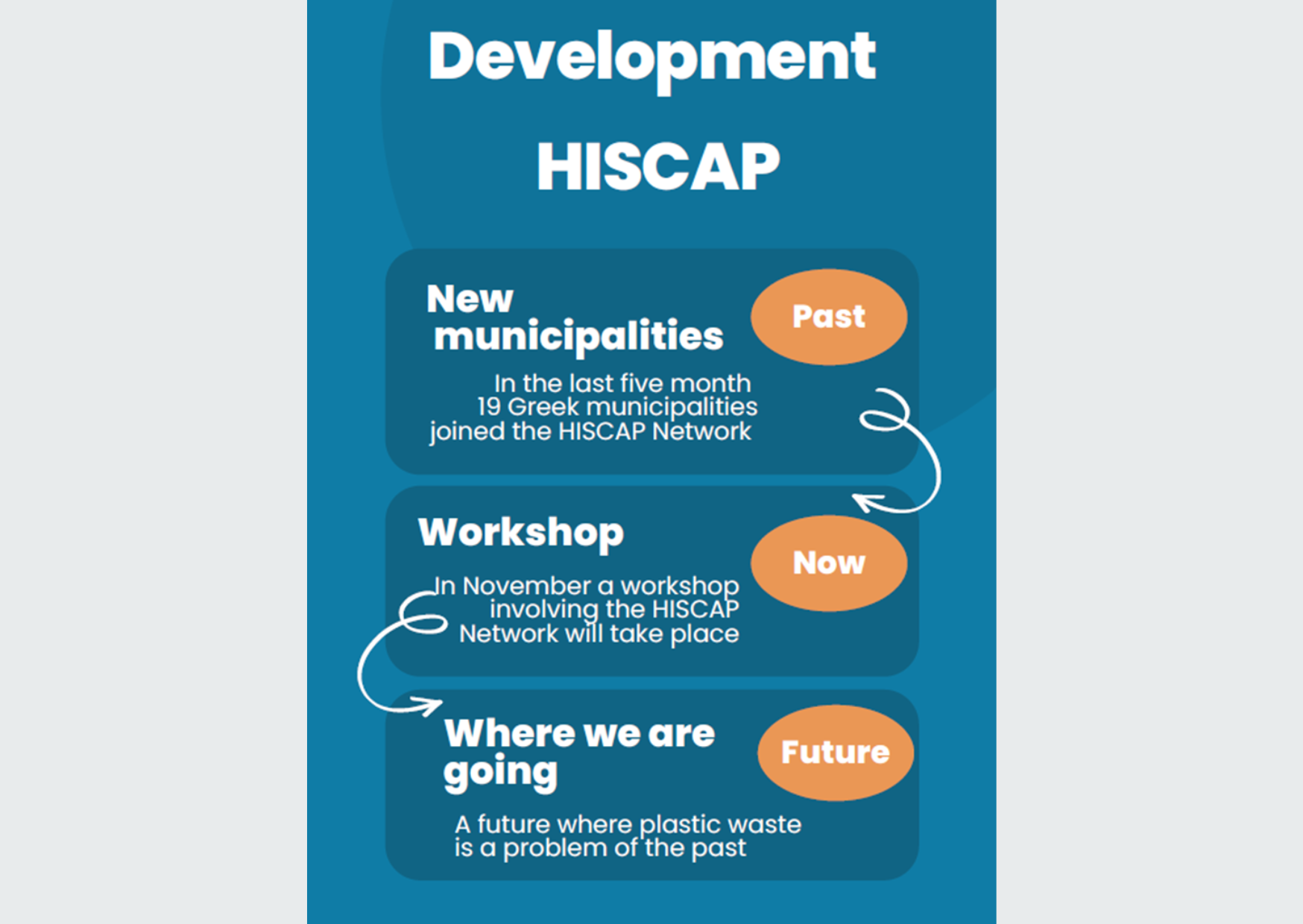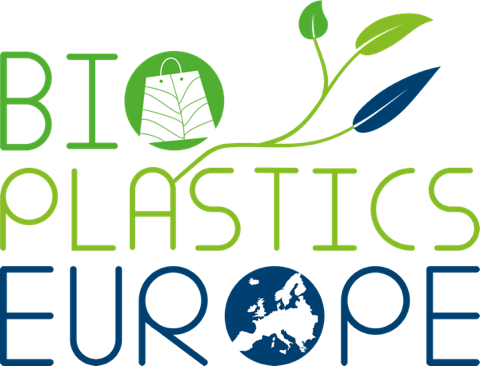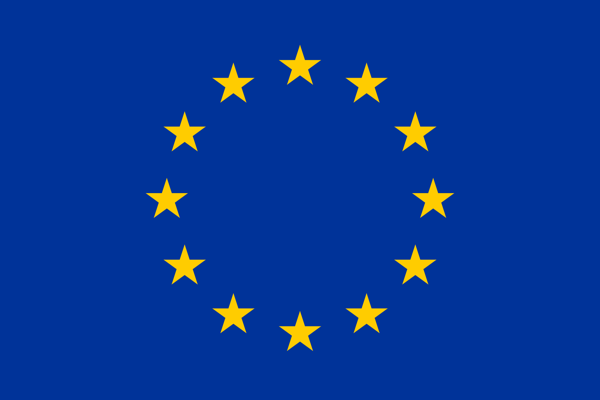Together for a future without plastic waste: An update on the Historic Cities against Plastic Waste Network (HISCAP)
By Prof. Dr. Žaneta Stasiškienė (KTU, Lithuania) and Friederike Gölitzer (HAW, Germany).

The HISCAP (Historic Cities Against Plastic Waste) network is one of two networks created by the BIO-PLASTICS EUROPE project. Historic cities are especially vulnerable to the many problems caused by plastic pollution. On the one hand, they might have to handle more plastic waste than other cities because intense tourism often goes hand-in-hand with increased plastic pollution. On the other hand, small alleys and limited space in general, make it harder to find new solutions for collecting and disposing plastic waste. Therefore, the HISCAP network focuses on increasing collaborative knowledge and capacity building by exposing new approaches, methods, and pilot initiatives, as well as best practice examples which are then shared with the network members and the wider public. In addition, the network explores how bio-based plastic alternatives could play a part in solving the challenges historic cities are facing.
A lot has happened in the HISCAP network over the last few months. The network has grown even further, and the website has been updated. In the last month, Alexandros Lingos, a member of the BIO-PLASTICS EUROPE team at HAW Hamburg, was able to establish fruitful collaborations with many municipalities from Greece and to prompt the Skyros Port Authority to join the network. As a native speaker, he was able to get directly into contact with the municipalities and introduce them to the HISCAP Network. Because of that, the network is now counting 20 new Greek members. To date, the HISCAP network now has 81 members including the municipalities, research institutions, agencies and companies. In order to learn more about the members, please explore our interactive map:
https://bioplasticseurope.eu/hiscap.
Finally, the HISCAP Network will be part of an upcoming workshop hosted by our partner; Prospex Institute (PI) Belgium, which will take place on the 29th and 30th November in Brussels. The workshop will focus on evaluating the efficiency of BIO-PLASTICS EUROPE’s first public deliverable, the Handbook on the impacts of bio-based and biodegradable plastics on existing waste management frameworks, which was published in April this year and is available on the project website:
https://bioplasticseurope.eu/downloads/public-deliverables.
The workshop will explore how BPE partners developed the handbook by considering previous stakeholder remarks, and presenting the workshop participants an opportunity to provide further comments to improve the practical usability even further. Invitations will be sent out in the coming weeks to the stakeholders, HISCAP representatives and other interested parties.
Over the coming months, our goal will be to invite even more municipalities that share the HISCAP vision to join the network and to support all members of the network on their paths towards a future where plastic waste will be a problem of the past. Stay tuned!

